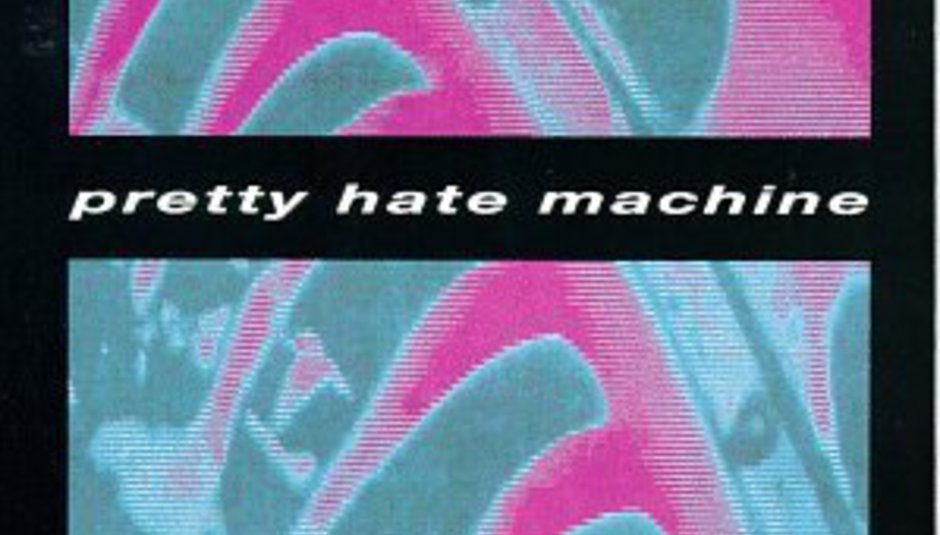The web is limitless and you can find an opinion on everything and anything but because of that don't you just find you want one reliable place to find out what's worth your time? And has this nullified both the impact and the point of negative journalism?
Journalism is a funny ol' game. There used to be a time when penmen (and ladies, obviously) could write whatever the hell they liked, as long as they fought the editor hard enough to get it commissioned. These long unfurling theories which were crack-crack-clicked into typewriters in the early hours, fuelled by cough syrup and whisky, were masterpieces. They were a salvation to music fans unsure of what to spend their money. These "hired geeks" were more than tastemakers, they were the preachers of a religion. Especially before the listening booth, journalists were the only disseminators of discerning opinion, a life-lived knowledge and understanding of music was what separated them from the average awe-filled consumer. But when they were nasty, they were unflinchingly so. At least that's how it appears from collections of writings and sun-bleached inkies I've found in car boot sale bins.
Nowadays everyone who has an opinion has an outlet for it, whether it's starting a vaguely coherent blog, posting a comment on a site like DiS or drunkenly emailing thousands of people about something you feel passionately about - for or against, it doesn't matter. It's not unlike being in a bar where every bar stool comes with a complimentary megaphone. It's overwhelming and the options of who to trust to find things you might like are now limitless. The choice is as confusing as it is daunting.
With all of these conflicting opinions screaming for your attention, do you really need to have people diluting your attention and wasting your time moaning about what they don't like. Do you need them explaining, often in great detail, why they don't like it? This is a quandary which again raised its head again on Monday when we ran a 0/10 of the debut album from the latest major label urban-rock crossover pop thingyamybob Iglu & Hartley (here). The comments beneath the article speak of how pointless it was to waste time, space and energy on something which is clearly cack. I've heard bits, I know IMHO it's crap and had reservations of spending our time html-ing and subbing the article, when we could have been spending that time doing something about something we like. Positivism is such an nice idealist concept but is it really for us?
So the question I guess is what's the best use of our time, your time and all of our attention spans. Obviously notable releases are sent to us to be reviewed and should be covered and an honest opinion given - we're not about to lay down with a spliff and give up but when thinking about the future of DiS this question has come to mind many a time.
The flip of this is that it's a helluva lot of fun to rant off reams of prose about musical atrocities and the results can be highly entertaining and become incredibly infamous. The downside is that for every Iglu & Hartley review we do, do, there's a Rolo Tomassi or Wolf Parade record which is being overlooked. For every review which defines who we are by what we don't like, there's one which is just one person's savage opinion and the line between the two is quite a fine one.
DiScuss: Is it the end of the line for snarky reviews? Are the occasional Pitchfork-does-monkey-peeing-in-mouth reviews legendary, funny and correct or does it undermine the art and craft of what the media is here to do? Should magazines focus more time on what they and their readers do like and less on trying to be comprehensive? Should any band under a seven outta ten deserve column inches and should we spend more time seeking out great things? Would it be a good idea for DiS to run a 'this months crap records' round-up? In an age when Last.fm can recommend things, Metacritic and Hype Machine type sites can compile an average of what the media likes, combined with the fact that within a few clicks you can hear something to make up your own mind: is there a much bigger question about the potency and point of music journalism in a digital age?
















